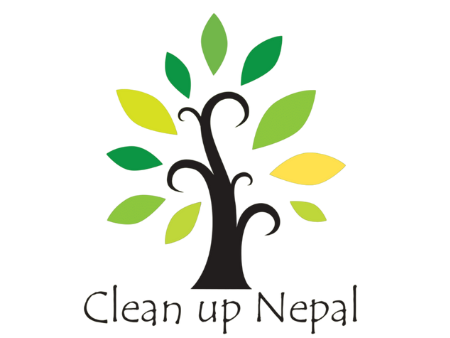Gender Equality, Disability and Social Inclusion (GEDSI)
The cross-cutting area of "Gender Equality, Disability, and Social Inclusion (GEDSI)" within CLEAN
UP NEPAL represents a steadfast commitment to building an inclusive and equitable society
where no one is left behind. CLEAN UP NEPAL recognizes that environmental sustainability and waste management efforts must be sensitive to the diverse needs, rights, and contributions of all individuals, regardless of gender, disability, or social background.
Gender equality is a fundamental principle of human rights and a cornerstone of sustainable
development. CLEAN UP NEPAL understands that gender disparities can exacerbate
environmental challenges, and women often play a vital role in waste management and
community resilience. To address this, the organization promotes gender-responsive programs
that empower women to take on leadership roles, access education, and actively participate in
environmental conservation and waste management initiatives. Furthermore, gender-sensitive
approaches ensure that women have equal access to resources and decision-making processes,
fostering an inclusive and empowering environment.
Persons with disabilities constitute a significant portion of the population, and their unique
perspectives and needs must be acknowledged. CLEAN UP NEPAL's GEDSI initiatives prioritize
disability inclusion by making programs and infrastructure accessible. This involves ensuring
that facilities and materials are disability-friendly, providing accessible information and
communication, and actively involving individuals with disabilities in environmental decision-
making. Through these efforts, CLEAN UP NEPAL fosters an inclusive and barrier-free
environment that recognizes the value of diversity.
CLEAN UP NEPAL is committed to creating a safe, respectful, and inclusive environment by upholding the highest standards in preventing Sexual Exploitation, Abuse, and Harassment (SEAH). We recognize that safeguarding is central to our work, ensuring dignity and protection for all individuals, especially women, children, and vulnerable groups. Our organization strictly prohibits any form of SEAH and promotes zero tolerance toward such behavior across all activities and partnerships. Staff, volunteers, and stakeholders are trained and held accountable to maintain ethical conduct. CLEAN UP NEPAL remains sensitive, vigilant, and proactive in fostering trust, respect, and a culture of safety in communities.
CLEAN UP NEPAL's commitment to social inclusion extends beyond gender and disability. It
encompasses marginalized and vulnerable groups such as ethnic minorities, indigenous
communities, and other socially disadvantaged populations. These groups often face unique
environmental challenges and disparities in waste management services. CLEAN UP NEPAL
adopts an inclusive approach that strives to understand and address the specific needs and
concerns of these communities. By actively engaging with and empowering these groups, the
organization ensures that its environmental and waste management initiatives are culturally
sensitive and relevant.
